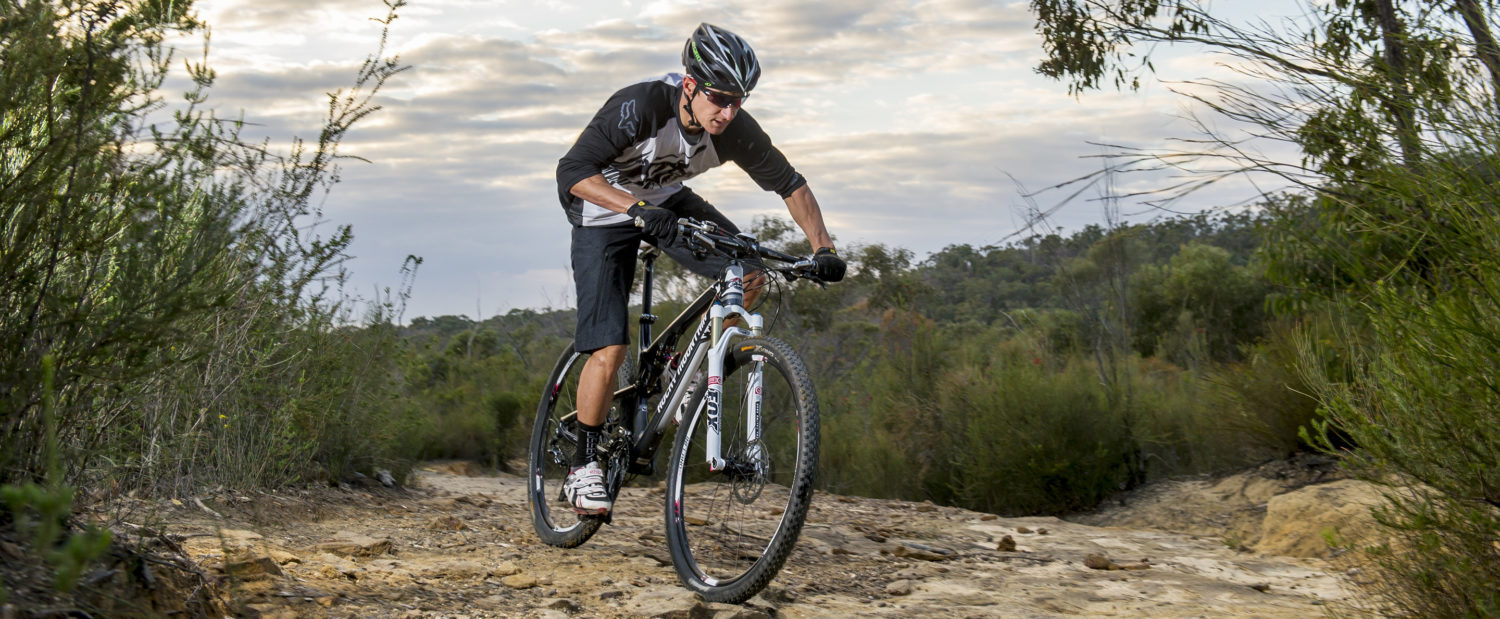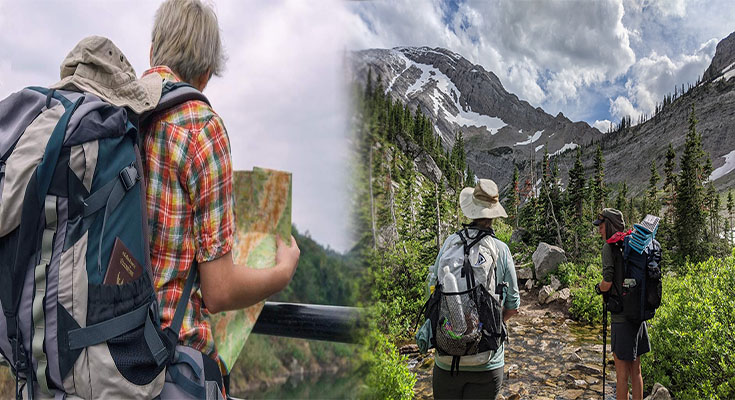Backpacking is an adventurous and fulfilling way to explore the great outdoors, but it’s important to prioritize safety and comfort during your journey. Whether you’re a seasoned backpacker or a novice, these helpful tips will ensure that you have a safe and enjoyable experience on the trail.
Choose the Right Backpack
Invest in a high-quality backpack that fits your body comfortably and has enough space to accommodate all your essentials. Look for features such as padded shoulder straps, a hip belt for weight distribution, and multiple compartments for organized packing.
Pack the Necessities
When it comes to backpacking, less is usually more. Pack lightweight, versatile clothing and gear, and bring only the essentials. Don’t forget items such as a reliable tent, sleeping bag, water purification system, first aid kit, and a navigation device. It’s also crucial to pack enough food and water for your entire trip.
Research Your Route
Before hitting the trail, thoroughly research your chosen route. Familiarize yourself with the terrain, elevation changes, potential hazards, and local wildlife. Understanding the trail conditions will help you prepare adequately and stay safe during your journey.
Be Weather-Wise
Keep an eye on the weather forecast and pack accordingly. Make sure to bring appropriate clothing and gear for varying weather conditions. Even if the forecast predicts sunny skies, it’s always wise to pack rain gear and extra layers for unexpected changes in weather.
Share Your Plans
Always inform someone trustworthy about your backpacking itinerary, including your planned route, estimated duration, and expected return date. In the event of an emergency, this information can be vital for search and rescue efforts.
Stay Hydrated
Hydration is crucial when backpacking. Carry a sufficient amount of water and consider investing in a lightweight water filtration system to ensure a clean and safe drinking supply during your trip.
Camp Safely
Choose your campsite wisely, considering factors such as proximity to water sources, exposure to elements, and potential hazards. Ensure you follow Leave No Trace principles, and always set up your camp in a safe and responsible manner.
Practice Leave No Trace
Respect the environment and minimize your impact on the trail. Follow the principles of Leave No Trace, such as properly disposing of waste, staying on designated trails, and respecting wildlife habitats.
Trust Your Instincts
Whether it’s about tackling a challenging section of the trail or encountering unfamiliar situations, always trust your instincts. If something doesn’t feel right, take the necessary precautions and adjust your plans accordingly.
Emergency Preparedness
Lastly, be prepared for emergencies. Carry a first aid kit, have a basic understanding of wilderness first aid, and consider taking a wilderness survival course to enhance your skills and knowledge.
By following these backpacking travel tips, you can ensure a safe and comfortable experience while exploring the beauty of the outdoors. Happy trails!





